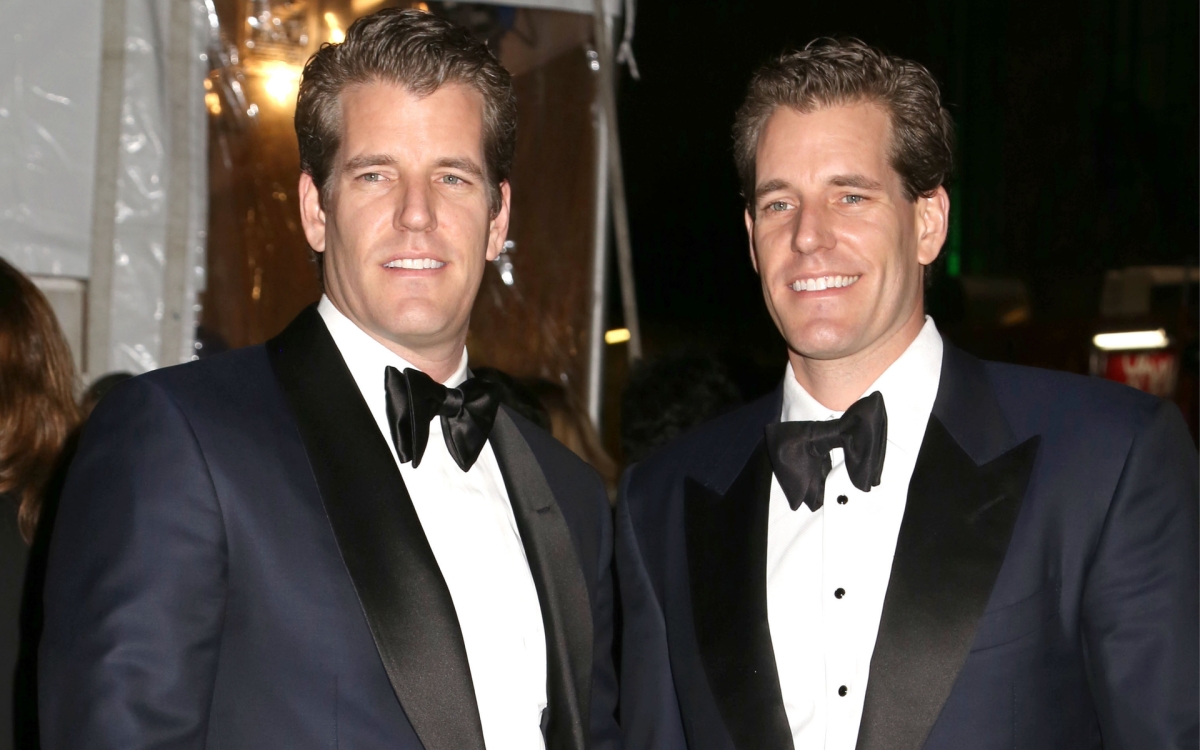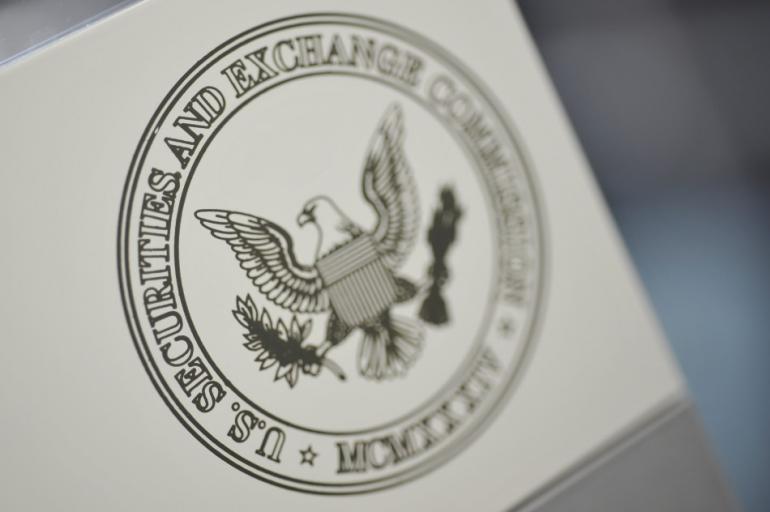The U.S. Securities and Exchange Commission has announced that it will review its decision regarding the Winklevoss twins’ Bitcoin ETF.
SEC to Review Its Bitcoin ETF Decision
The U.S. Securities and Exchange Commission (SEC) will review its decision regarding the rejection of the Bitcoin exchange-traded fund (ETF) proposed by Cameron and Tyler Winklevoss.
A statement issued by the SEC in response to a petition for review of the Disapproval Order by the Bats BZX Exchange reads:
[…] it is hereby: ORDERED that the petition of BZX for review of the Division’s action to disapprove the proposed rule change by delegated authority be GRANTED; and It is further ORDERED that any party or other person may file a statement in support of or in opposition to the action made pursuant to delegated authority on or before May 15, 2017.
The SEC first rejected the Bitcoin ETF (COIN) proposed by the Winklevoss twins last month, citing risk of fraud and a lack of regulation in the Bitcoin markets. The statement in which the SEC rejected the COIN EFT reads:
As discussed further below, the Commission is disapproving this proposed rule change because it does not find the proposal to be consistent with Section 6(b)(5) of the Exchange Act, which requires, among other things, that the rules of a national securities exchange be designed to prevent fraudulent and manipulative acts and practices and to protect investors and the public interest.
The petition filed by the Bats BZX Exchange will see the SEC’s action to disapprove the Bitcoin ETF reviewed and possibly amended. If so, COIN ETF shares would be traded on a public stock exchange, providing an easy way for investors to capitalize on the price of BTC without the need to deal with Bitcoin exchanges, wallets, private keys, and so forth.
Winklevoss Chose Bats Exchange For a Reason
As noted by Blockchain researcher and host of the Crypto Scam podcast, Tone Vays, in a 2016 interview, it is very likely that the Winklevoss twins chose to work with the Bats BZX Exchange on the COIN ETF for this very reason.

“My guess is the reason that they changed is that Bats is the new kid on the block, so they push the issues a bit,” Vays explained.
Not only does it make sense for the Winklevoss twins to identify with the Bats BZX Exchange due to the “experimental” nature of the COIN ETF, but it is also a great strategic move that ensured the exchange they partnered with would help them fight to see the Bitcoin ETF approved.
Vays continued:
Nasdaq might not have been helping the Winklevoss fight against the SEC to get this approved and maybe Batz said ‘you know what, we’ll throw your lawyers at it’.
The Saga So Far
The Winklevoss’ bid to see a Bitcoin exchange-traded fund on public stock exchanges is a saga that has been going on for roughly three years. It started with the filling of an S-1 form for the Winklevoss Bitcoin Trust in May 2014.

The Winklevoss Bitcoin Trust was based on the twins’ substantial Bitcoin holdings (roughly 1% of the total supply at the time) and had Math-Based Asset Services LLC as the sponsor of the Trust. Later that year, a follow-up filling was made in order list the Winklevoss Bitcoin Trust as an ETF on the NASDAQ OMX exchange with the name “COIN.”
Two years later, in June 2016, the twins filed a document that would see the ETF listed on the Bats exchanged instead of Nasdaq. The same filing also saw the ETF offering increase from $20 to $65 million.
Last month, the Securities and Exchange Commission (SEC) denied the Winklevoss Twins’ Bitcoin ETF, which lead to the petition by the Batz BZX Exchange.
Do you think that the Winklevoss Bitcoin ETF will be approved after the SEC’s revision? If so, let us know why in the comments below.
Images courtesy of Shutterstock










